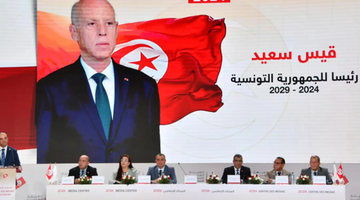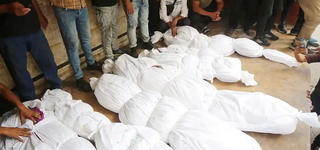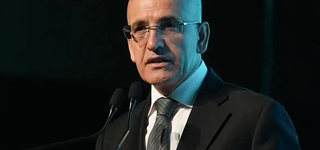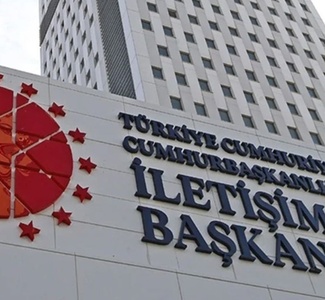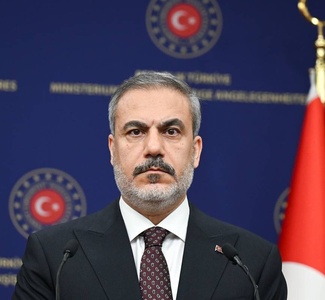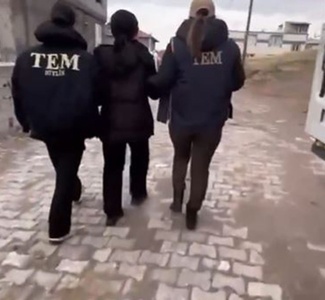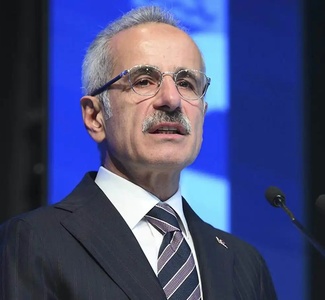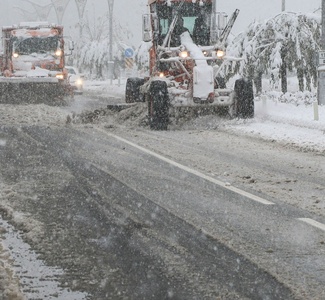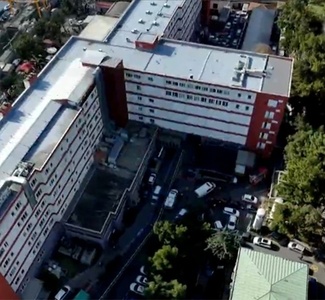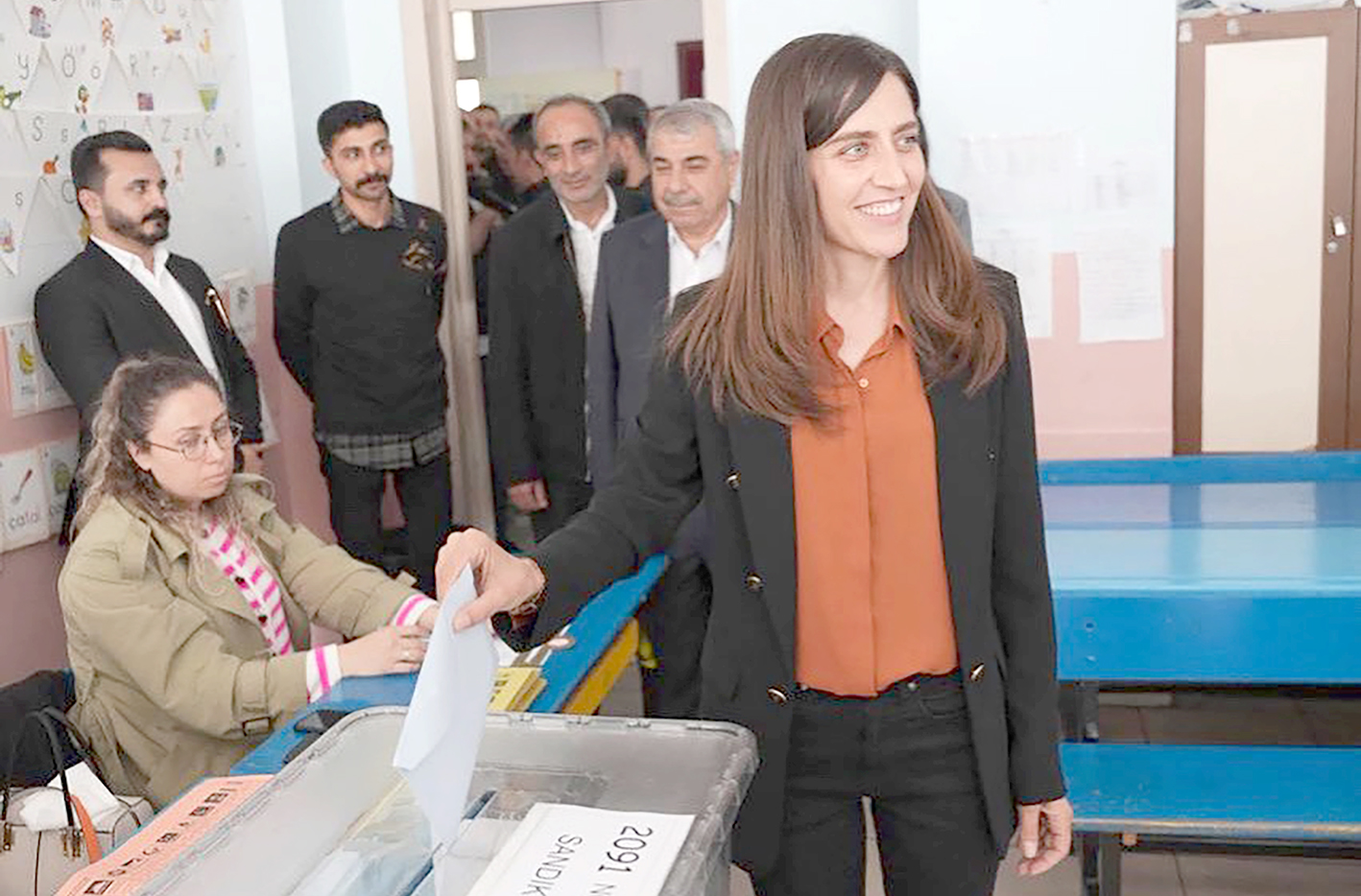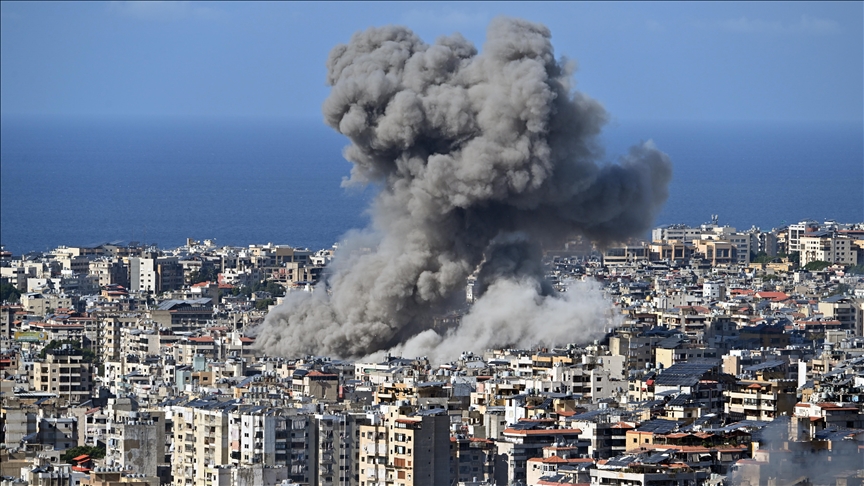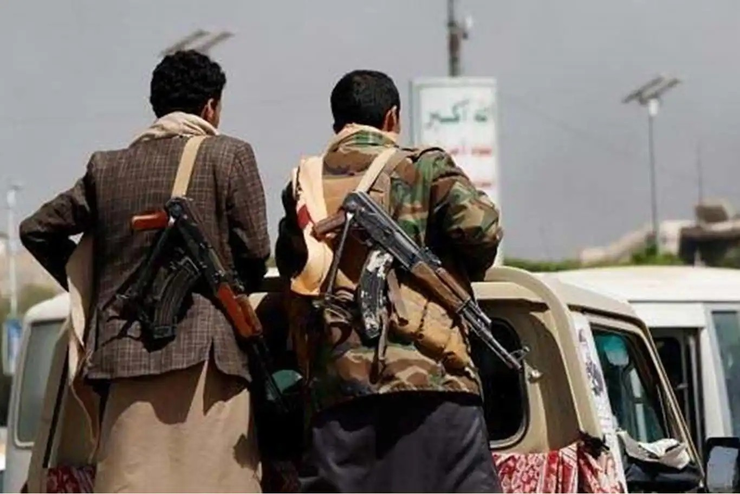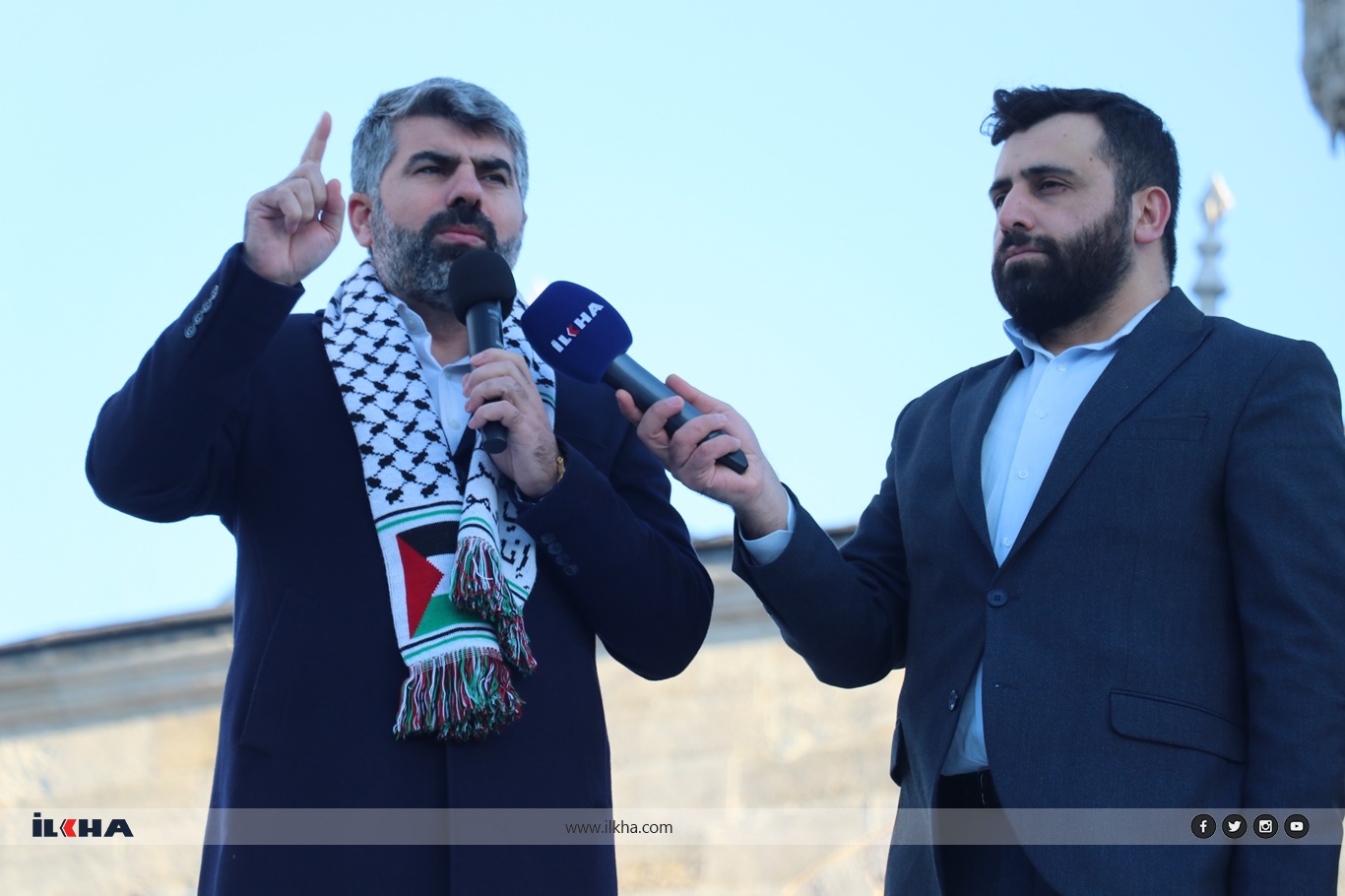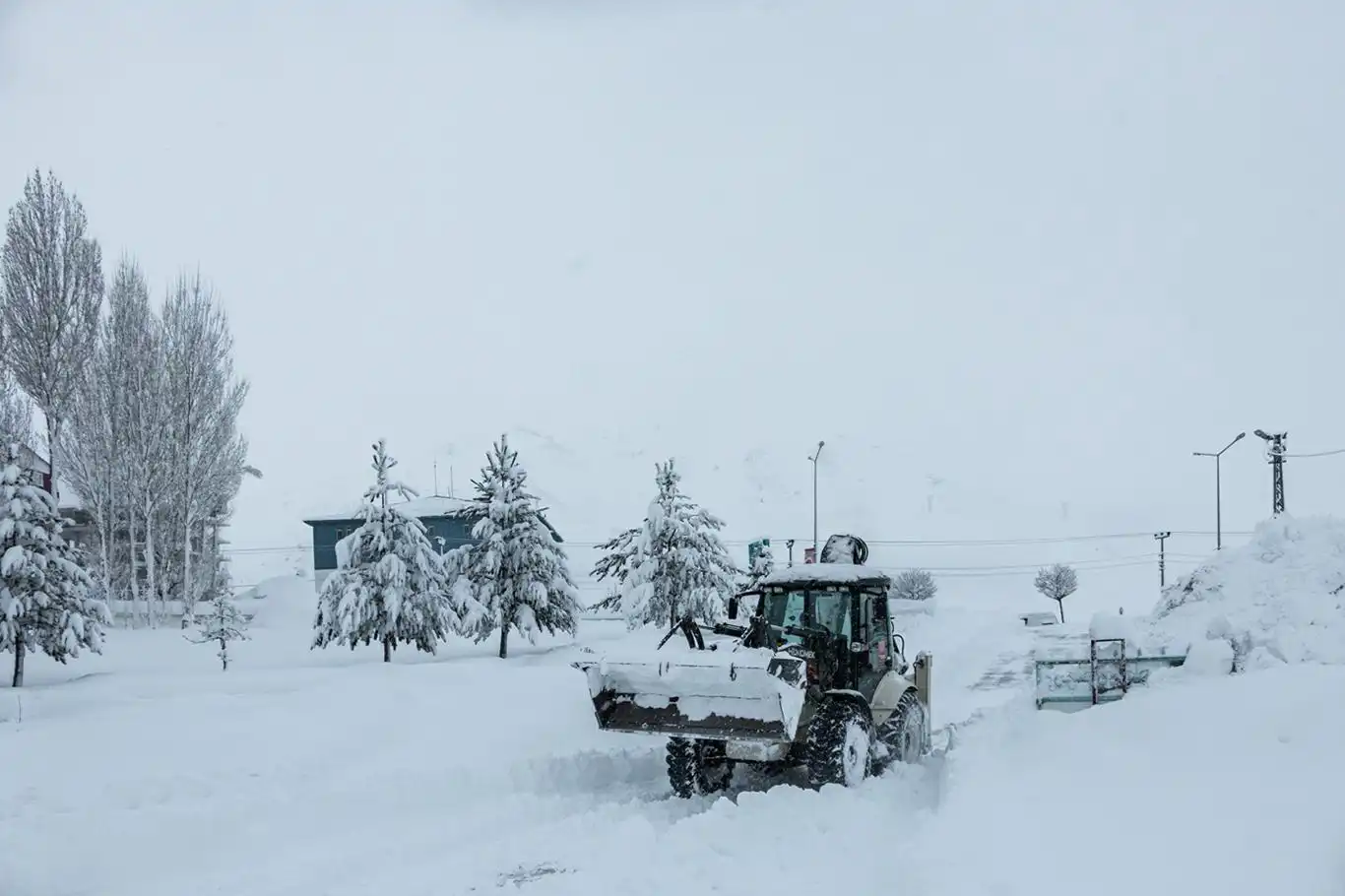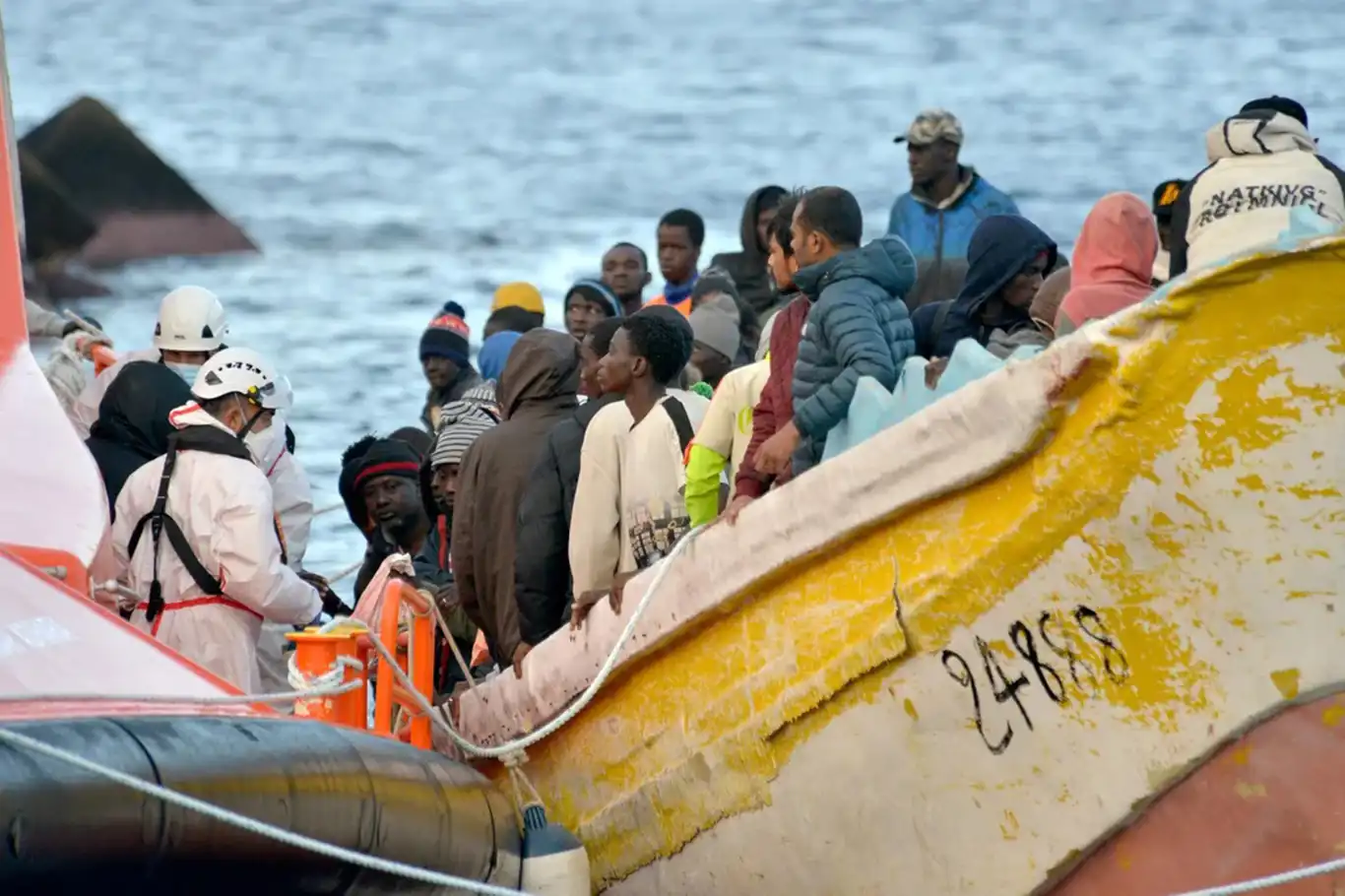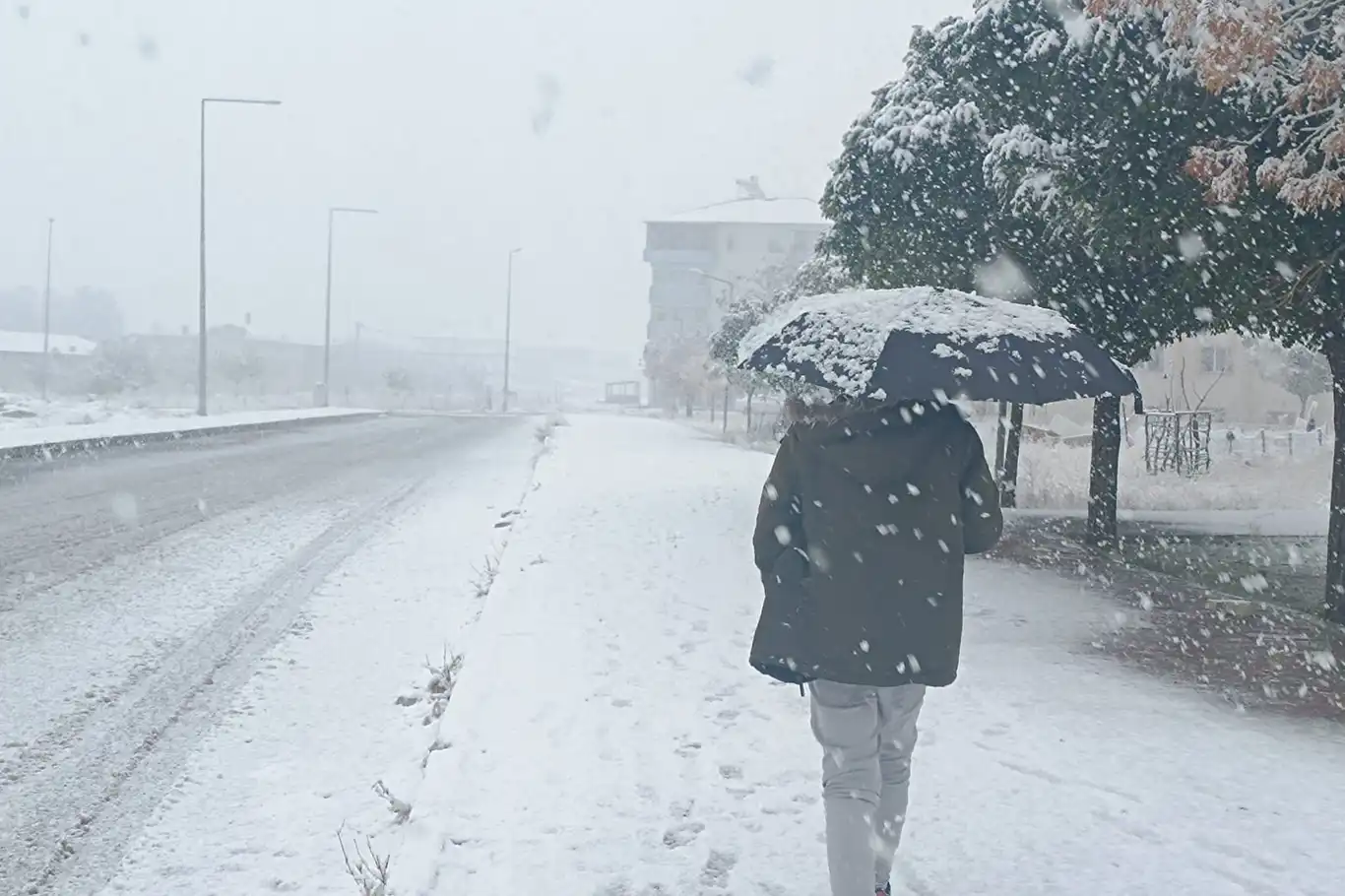Abdullah ez-Zindani: Aqsa Flood showed the true face of Western civilization
On the first anniversary of the Aqsa Flood, Yemeni scholar Abdullah ez-Zindani offered a sobering reflection on the state of the Islamic Ummah, discussing both its perceived failures in responding to the crisis in Gaza and the broader spiritual and political impact of the events.
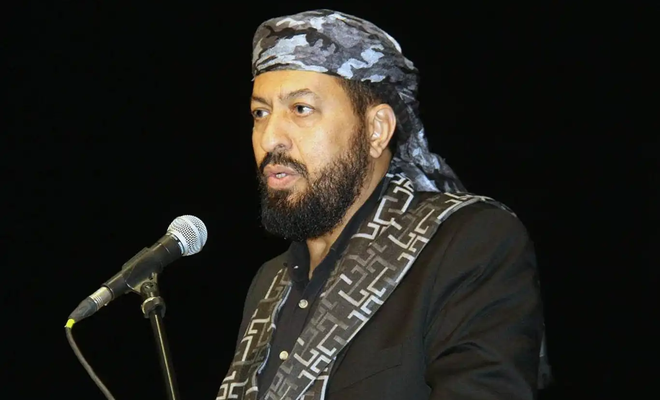
 Google News'te Doğruhaber'e abone olun.
Google News'te Doğruhaber'e abone olun. Speaking to Ilke News Agency (ILKHA), ez-Zindani addressed critical questions about the Islamic world's role in the conflict and its response to the ongoing attacks on Palestinians.
Ez-Zindani began his remarks by acknowledging the question on many people’s minds: “What has the Islamic Ummah done for Gaza and the Aqsa Flood?” His response was stark and sobering—he emphasized that the Ummah is currently too weak to take decisive action in defense of Gaza and the Palestinians. Decades of restrictions on the political, economic, and media landscapes of the Muslim world have weakened its ability to respond effectively to such crises. This collective weakness, he argued, is something only a few understand, as many people continue to be surprised by the lack of unified action.
He reflected that the decades-long limitations imposed on the Muslim world have rendered it powerless in many areas, making it difficult to mobilize against the oppression and attacks faced by Palestinians.
Despite this perceived weakness, ez-Zindani highlighted the Aqsa Flood as a catalyst for spiritual awakening. He described the event as a turning point, not just for Gaza but for the entire Ummah. “Instead of asking what the Ummah has done, we should ask what the Aqsa Flood has offered to the Ummah and humanity,” he said. According to ez-Zindani, the Aqsa Flood has revived the faith of the Muslim community, reminding them of their religious duty and giving them back a sense of dignity and honor.
The event reminded Muslims of their reliance on Allah’s will and not on worldly powers like the United States, the United Nations, or regional alliances. It showed that true success comes only through faith and trust in divine guidance.
Ez-Zindani stressed that the Aqsa Flood has led to a resurgence of religious faith among Muslims, citing examples of individuals from various walks of life returning to Islamic values. He recounted an anecdote from a scholar who, while traveling, encountered a woman expressing her desire to visit Gaza after seeing religious figures on the plane. This, ez-Zindani argued, is indicative of a broader trend where even those who may not have been religiously observant are reconnecting with their faith in light of the events in Gaza.
For Islamic scholars and teachers, the Aqsa Flood has underscored the value of their work. The resurgence of faith has affirmed the importance of teaching the Qur'an and Islamic law, as these efforts are crucial in preserving the dignity and honor of the Ummah.
Ez-Zindani also highlighted the political ramifications of the Aqsa Flood, particularly its effect on governments in the Islamic world. Many countries, he said, had been pressured into submission by Zionist and Masonic structures, but the Aqsa Flood has helped some realize the manipulation they were under. These governments, according to ez-Zindani, have begun to resist the demands to submit to external pressures, taking a stand against the forces that have sought to control their policies and deceive their people.
In his concluding remarks, ez-Zindani expanded the significance of the Aqsa Flood beyond the Islamic world, arguing that it has revealed fundamental truths about the nature of Western civilization. He contended that the event has exposed the hypocrisy of the West, which often claims to uphold human rights, democracy, and freedom but, in reality, is deeply influenced by Zionist and Masonic groups. According to ez-Zindani, the Aqsa Flood revealed that Western governments are not the protectors of freedom they claim to be but are instead colonized by the very powers they pretend to oppose.
The Aqsa Flood, in ez-Zindani's view, has restored honor, dignity, and freedom not only to the Muslim world but to humanity as a whole. It has demonstrated the moral bankruptcy of Western imperialism and the need for a collective return to faith and righteousness.
Ez-Zindani's reflections on the anniversary of the Aqsa Flood serve as a call for both self-examination and action within the Islamic world. While he acknowledged the current weakness of the Ummah, he also emphasized the spiritual and political resurgence that the Aqsa Flood has sparked. His words serve as a reminder that the struggle for justice, dignity, and faith continues, and that the lessons learned from Gaza should inspire both Muslims and the wider world to confront oppression with faith and determination. (ILKHA)




























